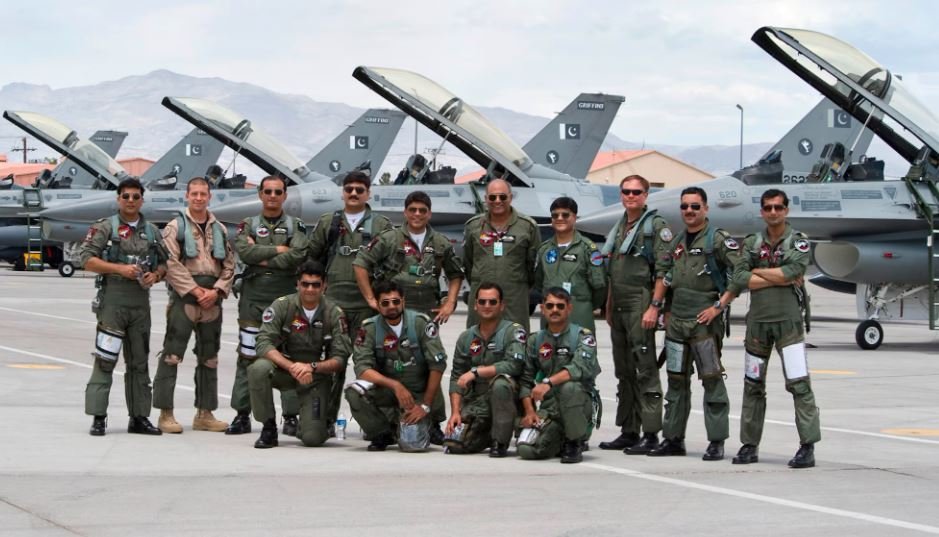Becoming a pilot in Pakistan offers exciting opportunities in commercial, private, and training aviation sectors. This guide covers essential steps, from basic qualifications to obtaining your pilot’s license, helping aspiring aviators navigate the process and join Pakistan’s growing aviation industry.
Overview of the Aviation Industry in Pakistan
Pakistan’s aviation industry is expanding, with airlines such as PIA, Airblue, Serene Air, and Flydubai increasing their fleets. The rise in both domestic and international air travel has led to an increased demand for skilled pilots, making this an excellent time to pursue a career in aviation.
Eligibility Requirements to Become a Pilot in Pakistan
Before starting your journey to becoming a pilot, ensure you meet the following eligibility criteria:
| Criteria | Requirement |
|---|---|
| Age | 17 years for Private Pilot License (PPL); 18 years for Commercial Pilot License (CPL) |
| Education | High school diploma (with strong knowledge of mathematics and physics); a bachelor’s degree can be beneficial but not mandatory |
| Medical Fitness | Must pass a Class 1 Medical Certificate from a licensed aviation medical examiner |
Types of Pilot Licenses in Pakistan
To become a licensed pilot in Pakistan, you need to obtain one of the following licenses:
| License Type | Description | Minimum Flight Hours |
|---|---|---|
| Private Pilot License (PPL) | Allows flying for personal use. | 40-50 hours |
| Commercial Pilot License (CPL) | Permits flying for compensation or hire. | 200 hours |
| Airline Transport Pilot License (ATPL) | The highest license for airline captains. | 1,500 hours |
Steps to Become a Pilot in Pakistan
Becoming a pilot involves several steps, outlined below:
1. Choose the Right Flight School
Selecting a reputable flight school is crucial. Top flight schools in Pakistan include:
- PIA Training Centre (Karachi)
- Aero Club of Pakistan (Lahore)
- Flying Academy of Pakistan (Islamabad)
Ensure that the school is approved by the Pakistan Civil Aviation Authority (PCAA) and provides comprehensive training with both theoretical and practical lessons.
2. Complete Flight Training
You’ll need to log the required flight hours:
- 40-50 hours for PPL
- 200 hours for CPL Training will include hands-on flying and ground lessons covering subjects like navigation, air law, and meteorology.
3. Pass the Medical Examination
You must obtain a Class 1 Medical Certificate to prove that you are physically fit to operate an aircraft. The examination will assess your vision, hearing, and overall health.
4. Pass Written and Practical Exams
After completing your training, you must pass both theoretical exams (covering aviation law, flight theory, meteorology) and a practical flight test to demonstrate your ability to safely operate an aircraft.
5. Obtain Your License
Once you pass the exams and complete the required flight hours, you can apply for your license through the PCAA. Upon approval, you’ll receive your PPL, CPL, or ATPL.
Cost of Pilot Training in Pakistan
Pilot training can be expensive. Below is an estimate of the costs involved:
| License | Estimated Cost |
|---|---|
| Private Pilot License (PPL) | PKR 700,000 – PKR 1,000,000 |
| Commercial Pilot License (CPL) | Over PKR 3,000,000 |
Some flight schools offer financial aid or scholarships, which may help ease the financial burden.
Pilot Career Opportunities and Salary in Pakistan
The growing demand for pilots in Pakistan opens up a variety of career paths. As a commercial pilot, you can work for airlines, cargo services, or charter companies. Below is an estimate of a commercial pilot’s salary:
| Job Type | Salary Range (PKR) |
|---|---|
| Commercial Pilot | PKR 100,000 to PKR 500,000 per month |
| Airline Captain | Significantly higher (with ATPL) |
In addition to working for airlines, you can also explore opportunities in private aviation or as a flight instructor.
Challenges Faced by Aspiring Pilots in Pakistan
Becoming a pilot can be challenging, mainly due to the high cost of training. The competitive nature of flight schools and the limited number of training slots can also be obstacles. However, these challenges can be overcome with persistence, planning, and financial support.
Future of Aviation and Pilot Jobs in Pakistan
The aviation industry in Pakistan is expected to continue expanding, increasing the demand for skilled pilots. By staying up-to-date with industry trends and continually improving your flying skills, you’ll be well-positioned to capitalize on the growing number of job opportunities.
Conclusion
Becoming a pilot in Pakistan is a rewarding career path, offering exciting prospects in the growing aviation industry. With the right training and determination, you can pursue a career as a commercial pilot, flight instructor, or private aviator. Follow the steps outlined in this guide, and you’ll be well on your way to flying high in Pakistan’s aviation sector.



